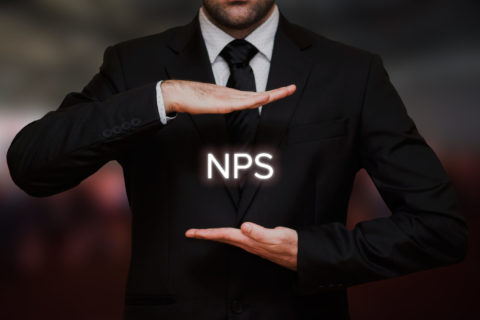By ESOMAR
On February 22, CEISMU, the Uruguayan Association of market researchers, organized a special session in the anteroom of the Uruguayan Chamber of Deputies, in the Legislative Palace in Montevideo, bringing together researchers, academics, journalists and members of the Uruguayan government to discuss – and debate – the role of polls and their relationship to democracy. Alain Mizrahi, CEO of Grupo Radar and President of CEISMU and the ESOMAR national representative organized the session, which was attended by more than 60 people.
There had been talk of the government regulating opinion and election polling, something that is always a matter of concern. Uruguay currently has a four-day blackout period for reporting polls before elections – although it is a publication embargo, it is one of the shortest in all of Latin America, a part of the world with some of the longest pre-election blackout periods. Seven countries in the region report publishing embargoes of two weeks or more; every country in Central America and ten countries in South America report blackout periods ranging from two to 30 days.
Recently, there have been discussions in Uruguay on whether or not there should be additional rules for the publication of election polls.to present ESOMAR sent two researchers to speak at the meeting. Although Uruguay is far from Europe, this trip was an important opportunity for ESOMAR to take a strong position in favor of poll freedom and self-regulation.
Jon Puleston of Lightspeed Research (UK), a member of the ESOMAR Professional Standards Committee, who reported details from the Kantar study on the accuracy of pre-election polls, based on analysis of more than 30,000 polls from 1940 to the present from all over the world. Parts of that report were presented at Congress, and an article on the study is in Research World.
Kathy Frankovic, from the United States, is also a Professional Standards Committee member. She worked with WAPOR on the latest iteration of the Freedom to Publish Global Study, which will be published later this year. The study highlights the prevalence and length of pre-election blackout periods throughout the world (more than half the 133 countries in the study report pre-election embargoes).
What Puleston told the Uruguayans at the meeting was that pre-election polls – when taken in the last week of an election campaign — have a high degree of accuracy. That suggests that long embargoes leave decision-makers and the public overall with flawed information about the status of an election, depriving them of information they could use to cast an informed vote.
Frankovic spoke about the importance of having pre-election information about candidate and public support, and the value of self-regulation, which ESOMAR endorses. While self-regulation is sometimes difficult, it ensures that judgments are made by researchers with knowledge and not by government, and preserves the availability of information for all.
Reaction was positive, but we will now see what the Uruguayan government chooses to do.
The Legislative Palace itself is one of the highlights of Montevideo, with Italian-designed stained glass and mosaics, and 50 different Uruguayan varieties of marble inlaid on the floor of the “Lost Steps” Main Hall of the building. Uniformed guards are at the entrances to the legislative chambers’ anterooms, and around the historic documents of the country’s founding.
Puleston and Frankovic spent three days with Uruguayan researchers, and were able to see the sights, savor the shops and the food of Uruguay – and bring back both information and souvenirs!
ESOMAR is the Global Insights Community.


